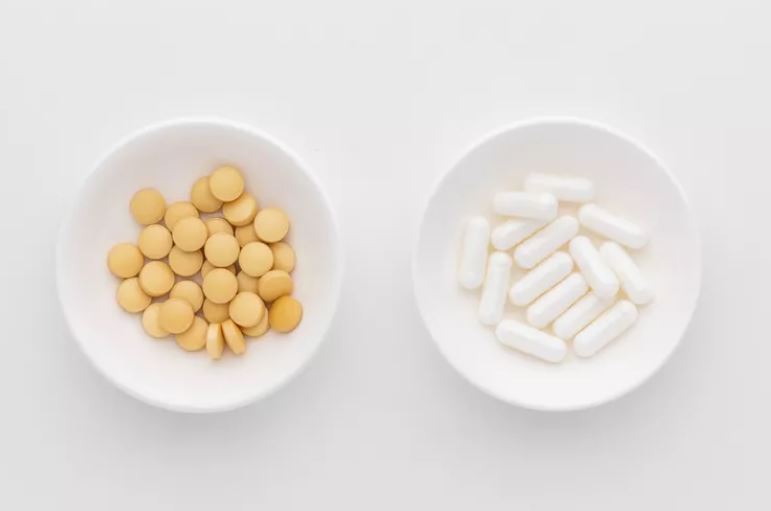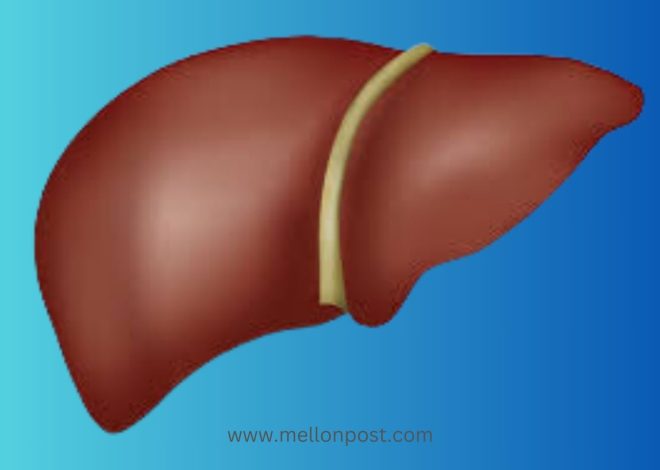
What is Nattokinase Supplement?
Table of Contents
Nattokinase is an enzyme that comes from a Japanese food called natto, which is made from boiled soybeans that have been fermented with a type of bacteria.
Nattokinase may thin the blood and help break up blood clots, which might protect against heart disease and conditions caused by blood clots such as stroke, heart attack, and others.
People take nattokinase for cardiovascular diseases including heart disease, high blood pressure, high cholesterol, and stroke, but there is no good scientific evidence to support any of these uses.
Studies show that nattokinase supplement dissolves blood clots, which helps maintain good blood vessel structure, improves blood flow, and lowers the risk of heart disease. It can also help lower blood pressure, reducing strain on the heart that can lead to heart attacks.
Nattokinase has also been shown to improve sinus health, shrink blockage-causing nasal polyps, and thin mucus, improving airflow while reducing discomfort.
It can promote a good balance of bacteria in our gut, also known as our microbiome, and may boost metabolism and reduce body fat, regulating and potentially preventing metabolic disorders like obesity and diabetes.
Small, short-term trials evaluating nattokinase reported no adverse reactions, but there is a theoretical risk of bleeding based on a case report of acute cerebellar hemorrhage in a patient with a history of ischemic stroke.
Thrombosis was reported after the substitution of nattokinase for warfarin in a patient with a mechanical aortic valve. Optimal doses of nattokinase have not been set for any condition, and the quality and active ingredients in supplements may vary widely from maker to maker.
It is important to talk to a doctor before taking nattokinase supplements, especially if you have any blood clotting disorders or are taking medications regularly.
What are the potential side effects of taking the Nattokinase supplement?
Nattokinase may cause bleeding disorders and increase the risk of bleeding when used with blood-thinning drugs. It may also cause clot relocation, which can lead to serious complications such as stroke or difficulty breathing.
Excessively low blood pressure is another possible side effect of nattokinase. However, small, short-term trials evaluating it have reported no adverse reactions.
It is important to talk to a doctor before taking nattokinase supplements, especially if you have any blood clotting disorders or are taking medications regularly.
What are the symptoms of bleeding disorders that may be worsened by Natto?
According to reports, nattokinase may worsen bleeding disorders and increase the risk of bleeding when used with blood-thinning drugs.
Symptoms of bleeding disorders include bleeding into joints, muscles, and soft tissues; excessive bruising; prolonged, heavy menstrual periods; unexplained nosebleeds; and extended bleeding after minor cuts, blood draws, vaccinations, minor surgery, or dental procedures.
It is important to talk to a doctor before taking nattokinase supplements, especially if you have any blood clotting disorders or are taking medications regularly.
What are the precautions to take before taking a Natto supplement?

Before taking nattokinase supplements, it is important to talk to a doctor, especially if you have any blood clotting disorders or are taking medications regularly. Nattokinase may cause bleeding disorders and increase the risk of bleeding when used with blood-thinning drugs.
It may also cause clot relocation, which can lead to serious complications such as stroke, difficulty breathing, or excessively low blood pressure.
Nattokinase is possibly safe when taken as medicine, but it is important to follow the recommended dosage and not exceed it.
Nattokinase supplements have not been approved by the FDA for medical use, and the quality and active ingredients in supplements may vary widely from maker to maker. More so, optimal doses have not been set for any condition.
It is also important to avoid nattokinase if you have a history of ischemic stroke, peptic ulcer, or coagulation disorders, as well as before and after surgery.
Can nattokinase supplement be taken during pregnancy or while breastfeeding?
There is limited information on the safety of nattokinase during pregnancy and breastfeeding. While it is considered possibly safe when taken as medicine, it is important to talk to a doctor before taking the supplements, especially if you are pregnant or breastfeeding.
There is not enough reliable information to know if nattokinase is safe to use during pregnancy or breastfeeding, so it is best to avoid it or stick to food amounts. It is also important to avoid it if you have a history of ischemic stroke, peptic ulcer, or coagulation disorders, as well as before and after surgery.
Optimal doses of Nattokinase have not been set for any condition, and the quality and active ingredients in supplements may vary widely from maker to maker. It is important to talk to a doctor before taking Nattokinase supplements, especially if you have any blood clotting disorders or are taking medications regularly.
Are there any dietary restrictions to follow when taking natto?
According to available reports, there are no specific dietary restrictions to follow when taking nattokinase supplements.
Nattokinase may cause bleeding disorders and increase the risk of bleeding when used with blood-thinning drugs. It may also cause clot relocation, which can lead to serious complications such as stroke or difficulty breathing.
Nattokinase liver cirrhosis
According to available reports, there is no clear evidence on the effects of nattokinase on liver cirrhosis. However, some studies suggest that it may have a protective effect on liver function.
For example, a study on rats showed that nattokinase improved liver functions and impaired oxidative status. Another study on rats found that nattokinase attenuated alcoholic liver injury and modulated immune function.
However, people with conditions associated with bleeding, such as cirrhosis of the liver, should not take natto.
Nattokinase insomnia
So far, only one report of insomnia has been associated with natto. However, this is based on a single case study and may not be representative of the general population.
Nattokinase may cause bleeding disorders and increase the risk of bleeding when used with blood-thinning drugs. It may also cause clot relocation, which can lead to serious complications such as stroke or difficulty breathing.
Lifestyle modifications, including avoiding the use of digital devices before bedtime and possibly listening to music before bed, might help improve sleep quality.
Nattokinase benefits
Nattokinase is an enzyme that comes from a Japanese food called natto, which is made from boiled soybeans that have been fermented with a type of bacteria. Natto is rich in protein, vitamins, and minerals, but most of the food’s health benefits are tied to its powerful nattokinase enzyme.
Nattokinase may thin the blood and help break up blood clots, which might protect against heart disease and conditions caused by blood clots such as stroke, heart attack, and others. Studies show that nattokinase dissolves blood clots, which helps maintain good blood vessel structure, improves blood flow, and lowers the risk of heart disease.
It can also help lower your blood pressure, reducing strain on the heart that can lead to heart attacks. Nattokinase has also been shown to improve sinus health, shrink blockage-causing nasal polyps, and thin mucus, improving airflow while reducing discomfort.
Because of these effects, scientists continue to study the enzyme to treat symptoms of respiratory conditions like chronic obstructive pulmonary disease (COPD) and bronchitis. Nattokinase can promote a good balance of bacteria in our gut, also known as our microbiome, and may boost metabolism and reduce body fat, regulating and potentially preventing metabolic disorders like obesity and diabetes.
Nattokinase is considered a safe, powerful, low-cost, and all-natural supplement for the treatment of heart and cardiovascular diseases. However, people with conditions associated with bleeding, such as cirrhosis of the liver, should not take nattokinase.
It is important to talk to a doctor before taking nattokinase supplements, especially if you have any blood clotting disorders or are taking medications regularly.
Is nattokinase good for the kidneys?
There is no clear evidence on the effects of nattokinase on kidney function. However, some studies suggest that it may have a positive effect on kidney function by improving hypertension, which can damage the arteries near the kidneys, limiting essential blood flow to the area.
Nattokinase has been associated with reduced blood pressure and von Willebrand factor, a cardiovascular risk marker, which can have positive effects on cholesterol levels, peripheral artery disease, cardiovascular health, and general arterial and vein health, all of which support and improve kidney function.
Additionally, a study on hemodialysis patients with chronic kidney disease (CKD) found that nattokinase combined with heparin exhibited beneficial efficacy and safety, providing a powerful impetus for physicians to administer heparin to a larger portion of patients with CKD.
However, it is important to talk to a doctor before taking nattokinase supplements, especially if you have any blood clotting disorders or are taking medications regularly.
Continue reading: What Is A Brain Tumor Symptoms, Causes And Treatments?


